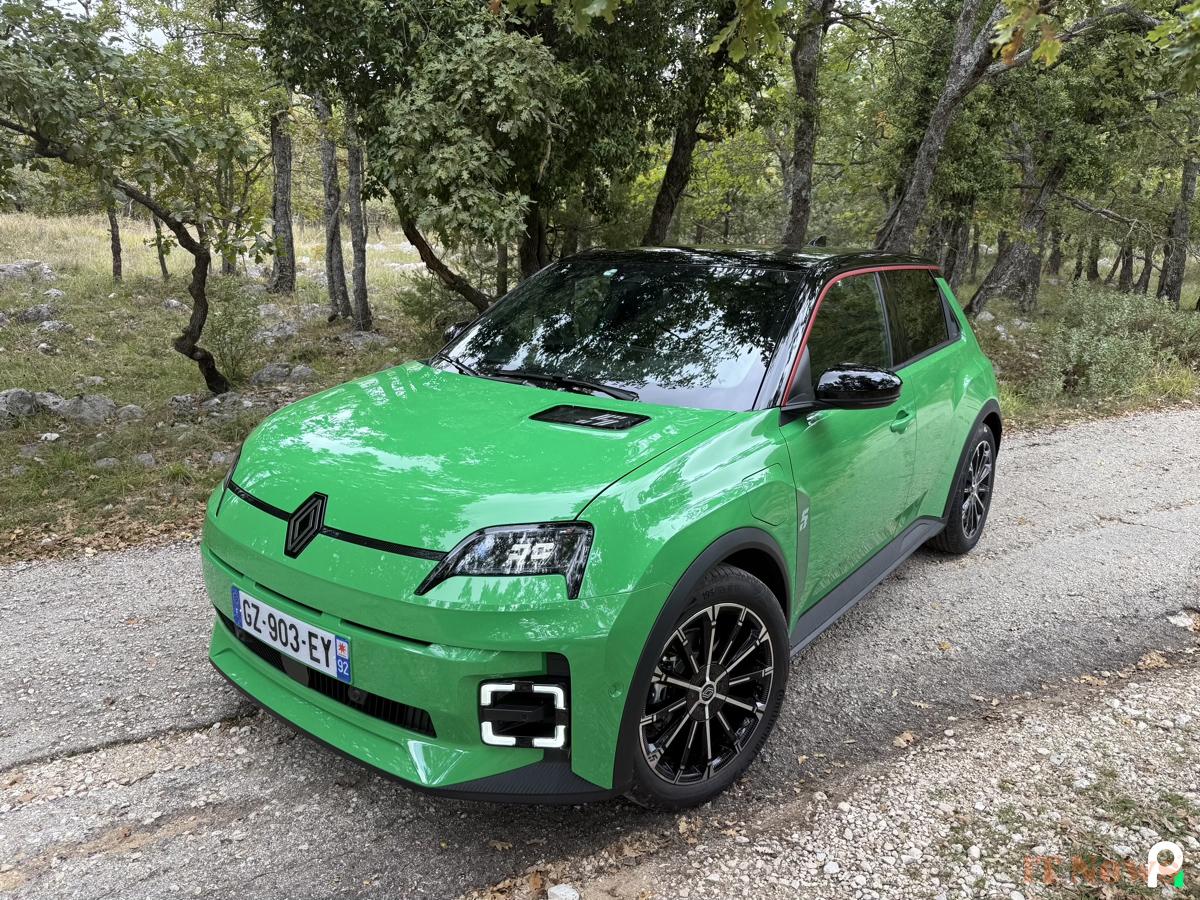Large electric vehicles don't always have it easy when temperatures drop. A study shows that they become much more energy-hungry. The cold definitely spares no one, not even the batteries.
What's the range of electric cars in freezing cold? The results of several tests are clear. In February 2025, a trial conducted in Canada compared fourteen electric models in extreme conditions. All saw their range drop, sometimes significantly. But the lightest vehicles, like the Renault 5 E-Tech, fared better than the heavier models. And it is precisely these that low temperatures do the most damage.
Researchers at Cornell University in the United States conducted an in-depth study of large electric vehicles, particularly buses, used in urban areas. The analysis is based on two years of data collected from a public transport operator in New York State. Result: when temperatures drop below zero, energy consumption increases, undermining theoretical estimates.
Large electric vehicles consume up to 48% more energy when temperatures are negative
Published on ScienceDirect, the study defined an optimal temperature range between 16°C and 30°C. Below this, energy needs explode: +48% consumption between −4°C and 0°C, and another +28.6% between −12°C and 10°C. The researchers explain that half of this increase is due to the heating of the batteries, which must reach 24°C to function properly. The rest comes from heating the passenger compartment, which is particularly stressed when the doors open frequently in the city.
The study focused on 100% electric buses, which are much larger than compact models. These giant batteries, eight times larger than those of a conventional car, are difficult to maintain at the correct temperature. The regenerative braking system is also less efficient in the cold. To limit overconsumption, the researchers suggest recharging batteries while warm, parking vehicles indoors, and limiting unnecessary openings. They also recommend rethinking routes according to the seasons, favoring journeys with fewer stops in winter to reduce heating-related losses. This advice is worth taking... even for drivers of more modest vehicles.




0 Comments